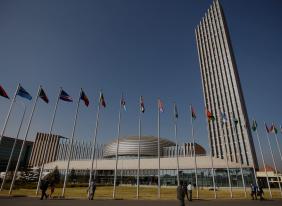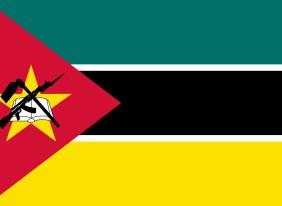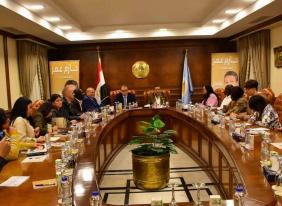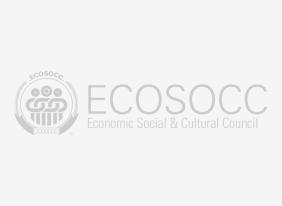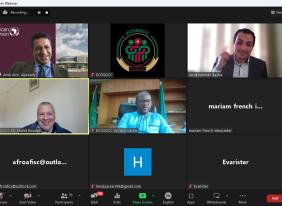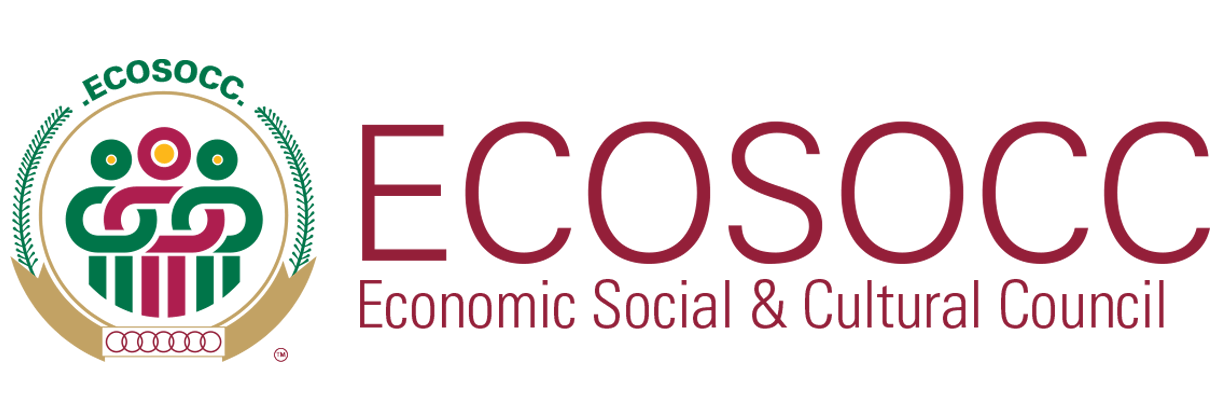Statement by Mr. Louis Cheick Sissoko, Presiding Officer of ECOSOCC, on the Rising Cases of Unconstitutional Changes of Government in Africa
The African Union Economic Social and Cultural Council (AU-ECOSOCC) once again reiterates its grave alarm and concern with the unprecedented wave of military coup d’etats in the West African region, and on the African continent as a whole, in recent years. This regrettable phenomenon weakens regional democratic institutions and undermines continental and regional legal instruments on governance and unconstitutional changes of government. The attempted military coup in the Republic of Benin, which follows the military takeover in Guinea Bissau, gives cause for grave concern for all Africans.ECOSOCC remains concerned with the ongoing conflicts in Sudan, DRC and across the continent. African civil society condemns the killings of civilians and the destruction of vital civilian infrastructure, which exposes our citizens to precarious situations and violate international humanitarian and human rights laws.ECOSOCC adds its voice to the statements of the Chairperson of the AU Commission, H.E Mahmoud Ali Youssouf and stands with civil society stakeholders in these countries. We urge national and international stakeholders to pursue peaceful dialogue to usher in lasting stability in the continent and stress that all efforts must be directed towards ensuring an environment conducive to sustainable peace and development.ECOSOCC reaffirms its call for a new social contract with a civic roadmap to reimagine democracy beyond elections and external benchmarks, thereby recognizing that Africa's democratic, peaceful, and prosperous future must be authored by African citizens themselves rooted in indigenous civic rhythms, cultural memory, ecological balance, and the unyielding aspirations of its diverse peoples.ECOSOCC is committed to work with CSOs for the effective implementation of the AU’s Agenda 2063 on: "Silencing the Guns", the African Charter of Democracy, Election and Good Governance, The Africa Facility to Support Inclusive Transitions (AFSIT), The African Peace and Security Architecture (APSA), and all dialogues, and mediations involving regional bodies and civil society to build sustainable peace, promote the rule of law and good governance in the continent.ECOSOCC supports calls from civil society stakeholders in West Africa for the immediate implementation of the 1st and 2nd AU Reflection Forum Declaration on Unconstitutional Changes of Government in Africa and accelerate the implementation of the Regional Security Sector Reform (SSR) strategy to support member states in reforming their security institutions and strengthening public trust. ...




